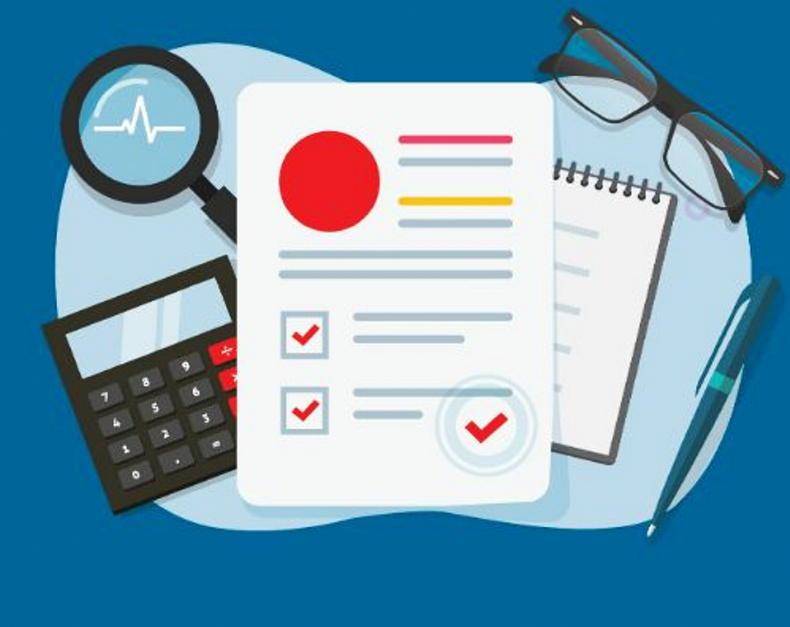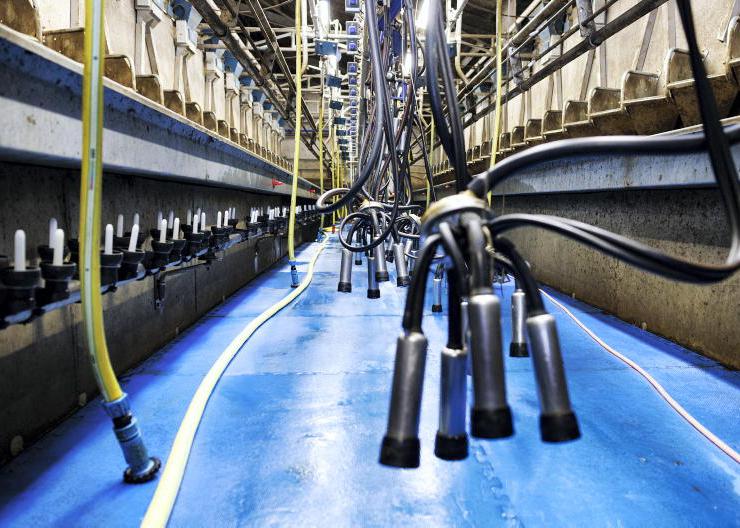Different events will lead to different kinds of claims, but the fundamental steps for any kind of insurance claim are the same.
It is important that you keep all policy documents safe as they will have a detailed breakdown of what is and is not insured.A great tip is to make sure you have photographs of everything you have insured. With camera phones, it is very easy to take hundreds of pictures in very little time. If something is stolen or damaged, it will make everyone’s life easier – and probably lead to a faster, fairer claim – if you have recent photographs of the house/shed/car/tractor/machine/animals. Call your insurer or broker as soon as you discover a problem.Companies will have an emergency contact number. Use these as a first point of contact. Give brief details of what the issue is and request a claim form.You will be told what to do next. Follow that advice as closely as possible. The way an insurer deals with a claim is governed by consumer protection code of the Central Bank of Ireland. The insurer must have a written procedure in place for dealing with claims. They must help you if you need to make a claim and inform you of developments with your claim. They must inform you within 10 business days of their decision on your claim.
If a claim is not settled in your favour, the insurer must explain why, in writing, and provide you with details of how you can appeal that decision.
Genuine mistake
Remember, if you make a genuine mistake and give inaccurate or incomplete information at the application stage, your insurer cannot use this to avoid paying a claim. They can only cancel a policy and avoid paying a claim when they are given fraudulent information.
Many insurance companies will have a timeframe set out in their policy documents for notification of claims. In Ireland, they cannot use this as an excuse to reject a claim, so long as the delay does not negatively impact them.
If your claim is a personal injury case, your insurer will give you details of the injuries board, www.paib.ie
It is when making a claim that the issue of under-insurance can lead to a nasty surprise. If the contents of your home are worth €50,000, but you have them insured for €25,000 and they are completely destroyed by fire, the maximum you will get paid on a claim is €25,000.
Even if you only claim for €25,000 the insurer may look at the overall value of what was insured and consider you to only be half insured and then only pay out €12,500, or half of your claim.
In the case where someone is claiming against you, the insurance company is under no obligation to keep you informed of progress, or settlement, of any claim.
Overall, it is always too late to make a policy change or take a photograph of something when you actually need to make a claim. So check your policies now, and take lots of photographs of what you have insured.
Different events will lead to different kinds of claims, but the fundamental steps for any kind of insurance claim are the same.
It is important that you keep all policy documents safe as they will have a detailed breakdown of what is and is not insured.A great tip is to make sure you have photographs of everything you have insured. With camera phones, it is very easy to take hundreds of pictures in very little time. If something is stolen or damaged, it will make everyone’s life easier – and probably lead to a faster, fairer claim – if you have recent photographs of the house/shed/car/tractor/machine/animals. Call your insurer or broker as soon as you discover a problem.Companies will have an emergency contact number. Use these as a first point of contact. Give brief details of what the issue is and request a claim form.You will be told what to do next. Follow that advice as closely as possible. The way an insurer deals with a claim is governed by consumer protection code of the Central Bank of Ireland. The insurer must have a written procedure in place for dealing with claims. They must help you if you need to make a claim and inform you of developments with your claim. They must inform you within 10 business days of their decision on your claim.
If a claim is not settled in your favour, the insurer must explain why, in writing, and provide you with details of how you can appeal that decision.
Genuine mistake
Remember, if you make a genuine mistake and give inaccurate or incomplete information at the application stage, your insurer cannot use this to avoid paying a claim. They can only cancel a policy and avoid paying a claim when they are given fraudulent information.
Many insurance companies will have a timeframe set out in their policy documents for notification of claims. In Ireland, they cannot use this as an excuse to reject a claim, so long as the delay does not negatively impact them.
If your claim is a personal injury case, your insurer will give you details of the injuries board, www.paib.ie
It is when making a claim that the issue of under-insurance can lead to a nasty surprise. If the contents of your home are worth €50,000, but you have them insured for €25,000 and they are completely destroyed by fire, the maximum you will get paid on a claim is €25,000.
Even if you only claim for €25,000 the insurer may look at the overall value of what was insured and consider you to only be half insured and then only pay out €12,500, or half of your claim.
In the case where someone is claiming against you, the insurance company is under no obligation to keep you informed of progress, or settlement, of any claim.
Overall, it is always too late to make a policy change or take a photograph of something when you actually need to make a claim. So check your policies now, and take lots of photographs of what you have insured.









SHARING OPTIONS